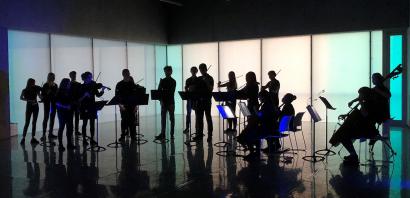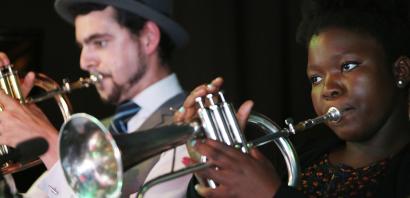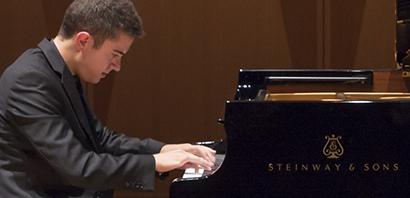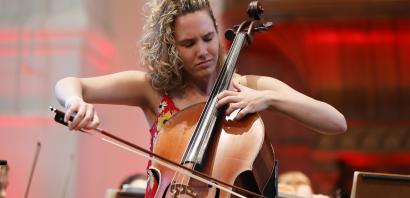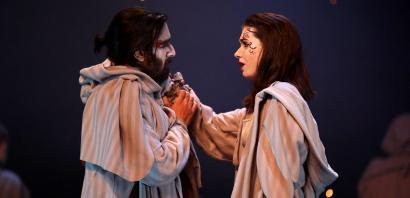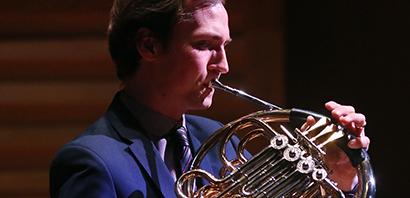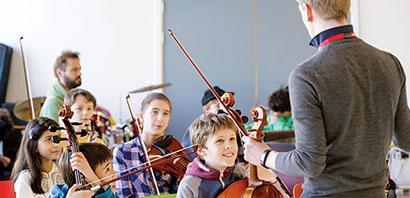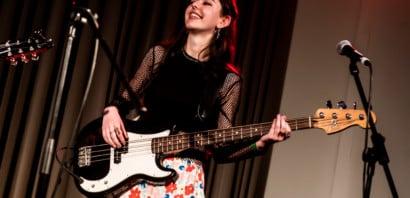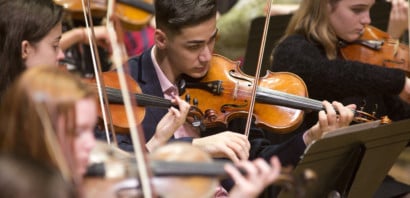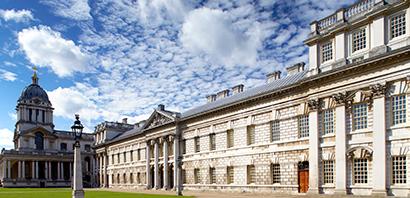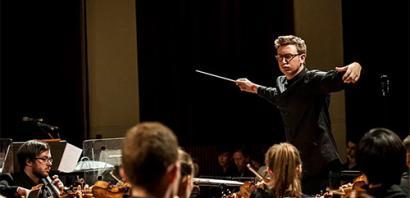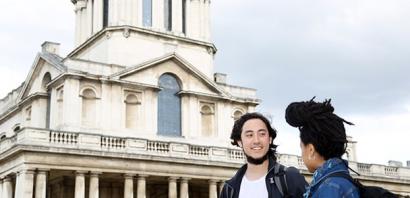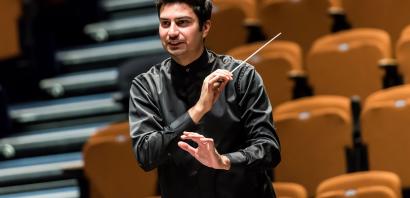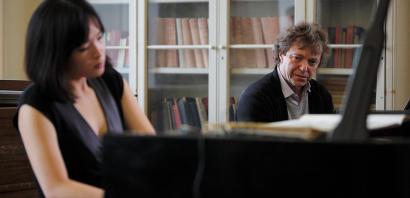Music at Trinity Laban
Related information
Music at Trinity Laban
Go on a journey
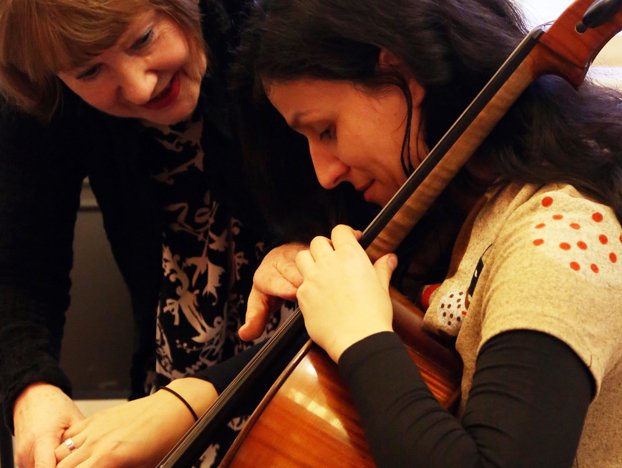
-
News
Blackheath Halls celebrates remarkable venue transformation
Sir Bryn Terfel, the Blackheath Halls Youth Choir and TL Jazz students performed for HRH The Duke of Kent to celebrate the completion of Blackheath Halls’s remarkable renovation.Thu 25 April 2024 -
News
Trinity Laban Symphony Orchestra celebrates the work of Black British composers
This spring, Trinity Laban Symphony Orchestra performed works by Eleanor Alberga and Daniel Kidane, alongside Britten’s orchestral interludes from his best-known opera and a new work by one of TL's talented composition students.Mon 22 April 2024

